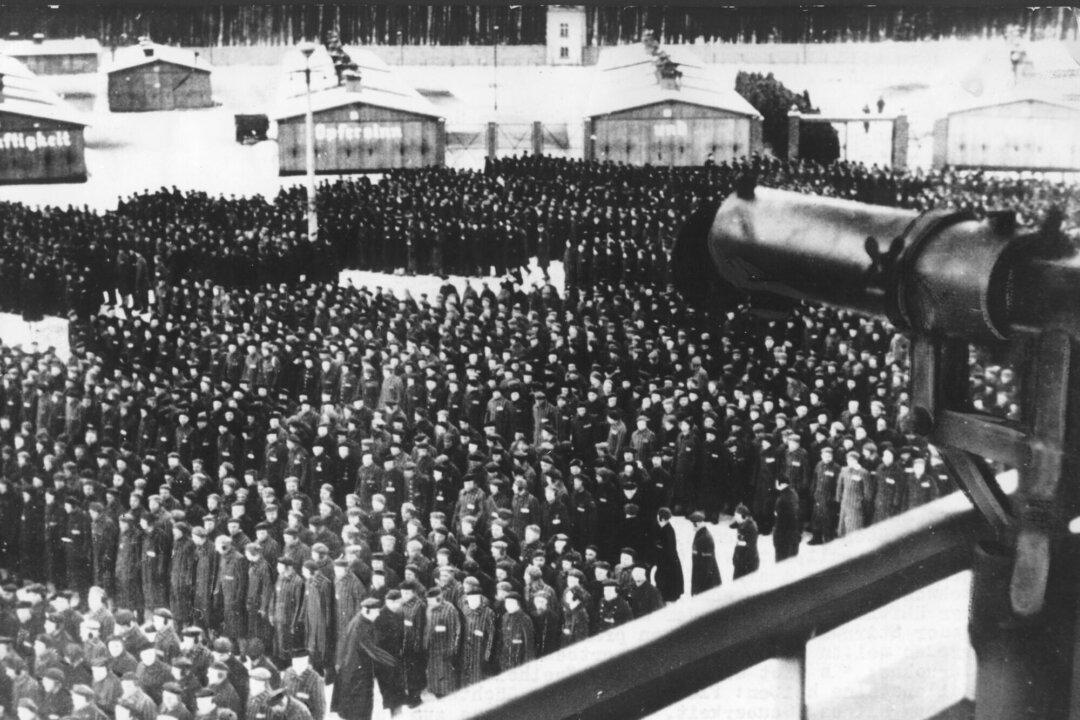Commentary
When the average person thinks of the Nazis, what often comes to mind is World War II, the Holocaust, and rousing speeches of hate. However, the National Socialists also had economic and political policies, policies many just assume were either free-market or New Deal-style public works projects such as the Autobahn. But Nazi policy was not so cut-and-dried.
John Kennedy is a recent graduate of Hartford Magnet Trinity College Academy. Economists such as Murray Rothbard, Hans-Hermann Hoppe, and Ludwig von Mises have captured his interest in Austrian economics and inspired him to start writing.


